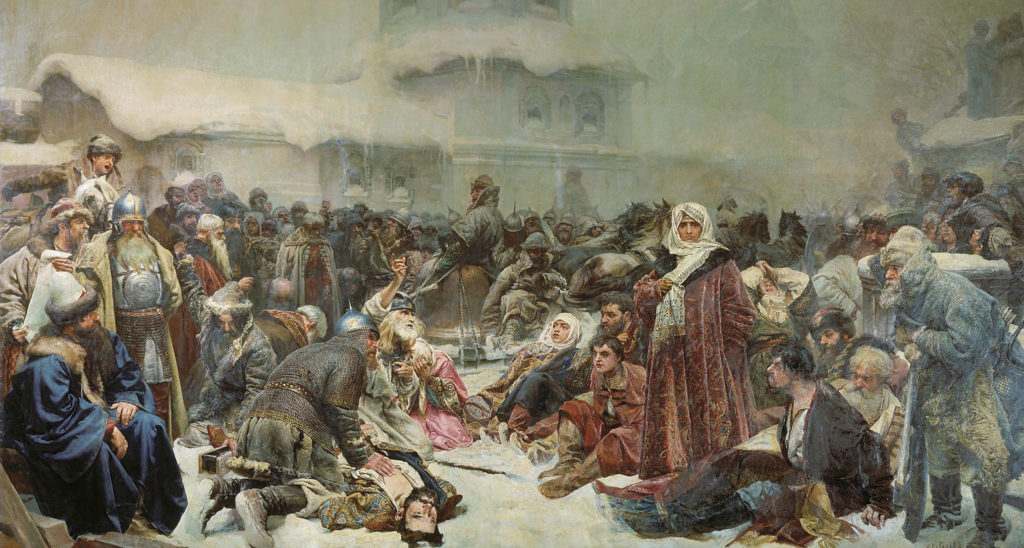We see posts on Facebook groups and Reddit all the time saying “I’m a new DM, do you have some tips for my first session?” and the answer is yes, yes we do! So, we’ve put together some tips designed to be more actionable than the typical responses like “go with the flow” or “print out a list of pre-generator names”. We hope you find them helpful!
Start simple
During character creation, and especially before your first session, make sure to keep the idea of your world simple. Remember that players will be new to your world and may not see the same vision you see in your homebrewed setting. Work on a solid, but brief, elevator pitch or logline to explain your game and how it will be different from or similar to other fantasy settings.
But keep in mind, giving too much information too quickly is considered info-dumping. This may cause players to feel overwhelmed and detached from the world, and by association the game itself. Design characters and events in the campaign to ‘Show, don’t tell’ the aspects of your setting that you are excited to share.
Example #1 “The royal family that has ruled this land are all gone, and the country has been plunged in a power struggle as the newly liberated states arm themselves for war. As tension escalates, whispers in the East tell of a dark and mysterious power emerging that threatens enemies and allies alike.”
Example #2 “As members of the prestigious guild of heroes, its your duty to travel the lands slaying the most threatening of monsters and quelling the largest of threats.”
Lastly, remember that a picture is worth a thousand words. You can make as big of a Facebook post as you’d like explaining your game but that still may leave players unexcited or lacking motivation. Instead, try going on Pinterest and searching for some artwork that matches the theme of your game.
Example:
lovelylizzar’s High-fantasy board
burnermax3’s Gothic-fantasy board
Know when to roll
I cannot tell you how many times a game has come to grinding halt when a DM relied on a successful dice roll of a player that ended up resulting in a failure. Two things may happen:
- The DM will continue the narrative they created, inadvertently signaling to the party that the roll actually meant nothing
- Or they will wait until another party member rolls a check high enough that the story can go on.
Either way, it takes a lot of the momentum away from the game and puts unnecessary game rules on the story-telling aspect of the game. Instead, consider making any crucial narrative hooks be based on RP and not on the luck of the dice.
Take a look at the skills that your players are trained in and consider allowing the players to get information related to their skills without having to roll. A rogue trained in thieves tools with all the proper equipment doesn’t always need to roll above a 10 to unlock a basic lock. A ranger trained in nature and herbalism kit shouldn’t need to rely on a high roll just to find herbs and create basic potions. Let your player’s characters be good at what they’re supposed to be good at.
Always have a backup plan
let me tell you right now, thing will not go as planned, and that’s ok! It’s four player brains against all the mind of one DM, inevitably they will develop strategies you haven’t thought of to get out of the trouble you’ve planned.
Although you cannot consider every possible scenario, always have a backdoor to any of your crucial plot points. For instance if the players just can’t figure out a dungeon puzzle you created it’s more important to keep the game from stopping than to stay faithful to your original game plan. Before they get too frustrated have an event shake up the room, like an old enemy ambush them from a secret door, this keeps the game exciting and gives them a way out of the puzzle.
Alternatively things may go too heavily in the players favor, and an NPC that was meant to be defeated and give up important information about the next scene was the subject of double criticals from the Barbarian. Leaving his mangled remains scattered across the battlefield. The information he had now needs to be conveyed differently, maybe it is scrawled on a note on his persons or in a journal he had in his pack. Perhaps that information can be given to them by a friendly NPC.
We hope you can use these tips for your first session! Do you have any tips of your own for new DMs, leave a comment below!



